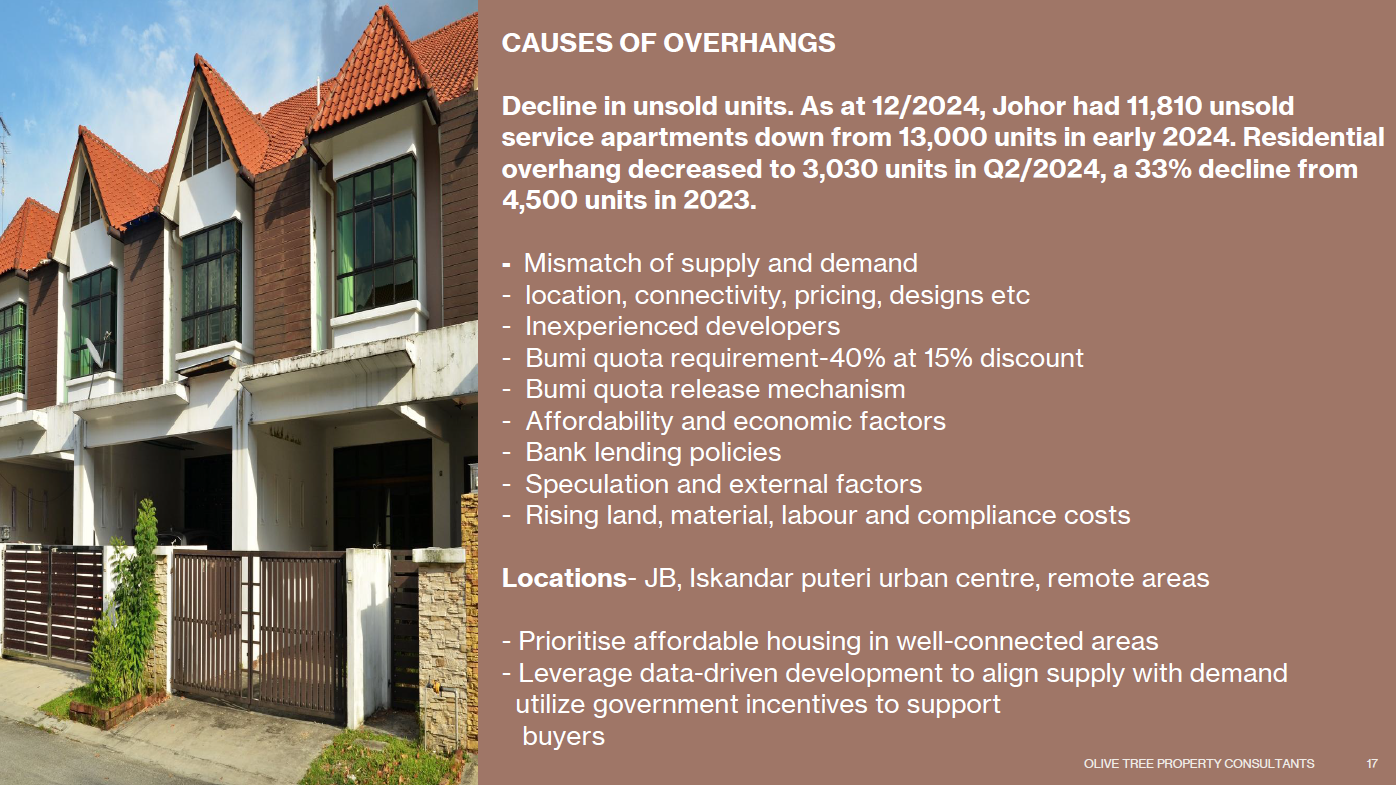.avif)
%20IMAGE%20(1).png)
.webp)

Fully compliant. Funds settle into your Client Account without delay, strictly adhering to MEAS Standard 9.
Funds are never commingled. They are processed securely by CHIP and reconciled into your account by the next business day.


Zero transaction fees. Buyers pay the exact deposit amount, and agencies pay nothing to receive it.
We partner with Bank Negara registered payment gateway (CHIP IN Sdn Bhd) to ensure competitive rates, rapid settlement times, and direct local support.


Agencies are reporting institutions. We automate your specific compliance obligations under the AMLA 2001 Act.
Streamlined process. You only need to upload the OTP/OTR to link the deposit; no duplicate document uploads required.


Your commissions are untouched. We monetise downstream valuation leads via ValuationXchange and bank partners.
You stay in control. We identify risks, but your agency decides whether to proceed or refund based on your internal SOPs.


Audit-ready clarity. Bank statements clearly show "CHIP" transfers, supported by downloadable reconciliation reports.
FPX is standard. Credit card payment options for international clients are scheduled for release in Q1 2026.

Be part of the movement for transparent,
tech-enabled valuation in Malaysia.


Johor’s property market is entering a pivotal phase as Singapore’s economic proximity and infrastructure connectivity continue to shape buying patterns.
At the recent Johor Property Under the Lens webinar, hosted by PEPS Ventures and supported by ValuationXchange, Sr Samuel Tan, Executive Director of Olive Tree Property Consultants, and Dr Lee Nai Jia, Head of Real Estate Intelligence at PropertyGuru Group, shared in-depth insights on how regional demand, valuation integrity, and sustainable lending will define Johor’s next growth chapter.
The Singapore Effect on Johor Property
Dr Lee presented data showing that residential units located near the Rapid Transit System (RTS) link corridor have seen price increases of approximately 15% to 25% since 2023. This uplift has been fuelled by Singapore’s strong currency, cross-border employment, and improved commuting prospects once the RTS begins operations in 2027.
While this surge has boosted confidence, Sr Samuel Tan cautioned that Johor still faces an overhang of about 11,810 unsold service apartments as of end-2024. He emphasised that the enthusiasm around new infrastructure should be balanced with attention to location fundamentals and local affordability.

Source: Presentation Slide of Sr. Samuel Tan of Olive Tree Property Consultants
“Foreign demand has absorbed part of the existing stock,” Sr Samuel Tan noted during the session, “but the challenge lies in ensuring that demand is sustainable and not purely speculative.”
Dr Lee echoed this sentiment, adding that while cross-border interest is healthy, banks and valuers must stay alert to the velocity of price movements and their long-term sustainability.
Implications for Banks and Valuers
For banks, the renewed optimism brings opportunity and risk in equal measure. An expanding buyer pool increases property-loan applications, but it also places greater importance on valuation transparency and credit-risk controls.
Cross-border purchases often involve complex variables such as rebates, foreign-exchange considerations, and variations in net pricing. Without full disclosure, loan-to-value (LTV) ratios may not accurately reflect true collateral strength.
Valuers play a central role in preserving market discipline. Their assessments provide the evidence base for sound lending decisions. Yet, as Sr Samuel Tan observed, “Valuers today are expected to deliver faster results, sometimes within extremely tight timelines, and still uphold their professional independence.”
For banks’ credit and risk teams, this reinforces the need for structured, traceable workflows that document every instruction and communication clearly — ensuring that valuation outcomes are both timely and defensible.

The Case for Transparency and Collaboration
Both speakers agreed that transparency is the cornerstone of sustainability. Johor’s rapid evolution, driven by infrastructure, foreign investment, and developer confidence must be accompanied by consistent reporting standards and shared accountability among industry stakeholders.
A more connected ecosystem, where valuers, banks, and agents operate with clear audit trails and mutual visibility, reduces the risk of instruction drift or data discrepancies. It also helps lenders maintain compliance with Malaysian Valuation Standards (MVS) and protects valuers from undue pressure during high-volume lending cycles.
Ultimately, this collaboration strengthens the entire market by embedding trust, clarity, and accountability – principles that align with Malaysia’s broader ambition for a sustainable property market.
Looking Ahead
Johor’s proximity to Singapore will continue to generate interest from regional buyers, but growth must rest on fundamentals rather than speculation. For financial institutions, this means investing in stronger valuation governance and deposit-management safeguards. For valuers, it underscores their pivotal role as the market’s independent voice of accuracy and reason.
As cross-border opportunities expand, banks and valuers who combine professional judgement with transparent, technology-enabled processes will be best placed to navigate volatility and maintain confidence.
In a property market where perception often moves faster than proof, transparency remains the truest measure of value.
Ready to Elevate Trust in Property Valuation?Join the #TransformationTribe and discover how ValuationXchange empowers smarter lending through trusted, tamper-proof, and transparent valuation workflows.
Reach out to our team to explore how we can support your valuation, compliance, or risk management transformation.